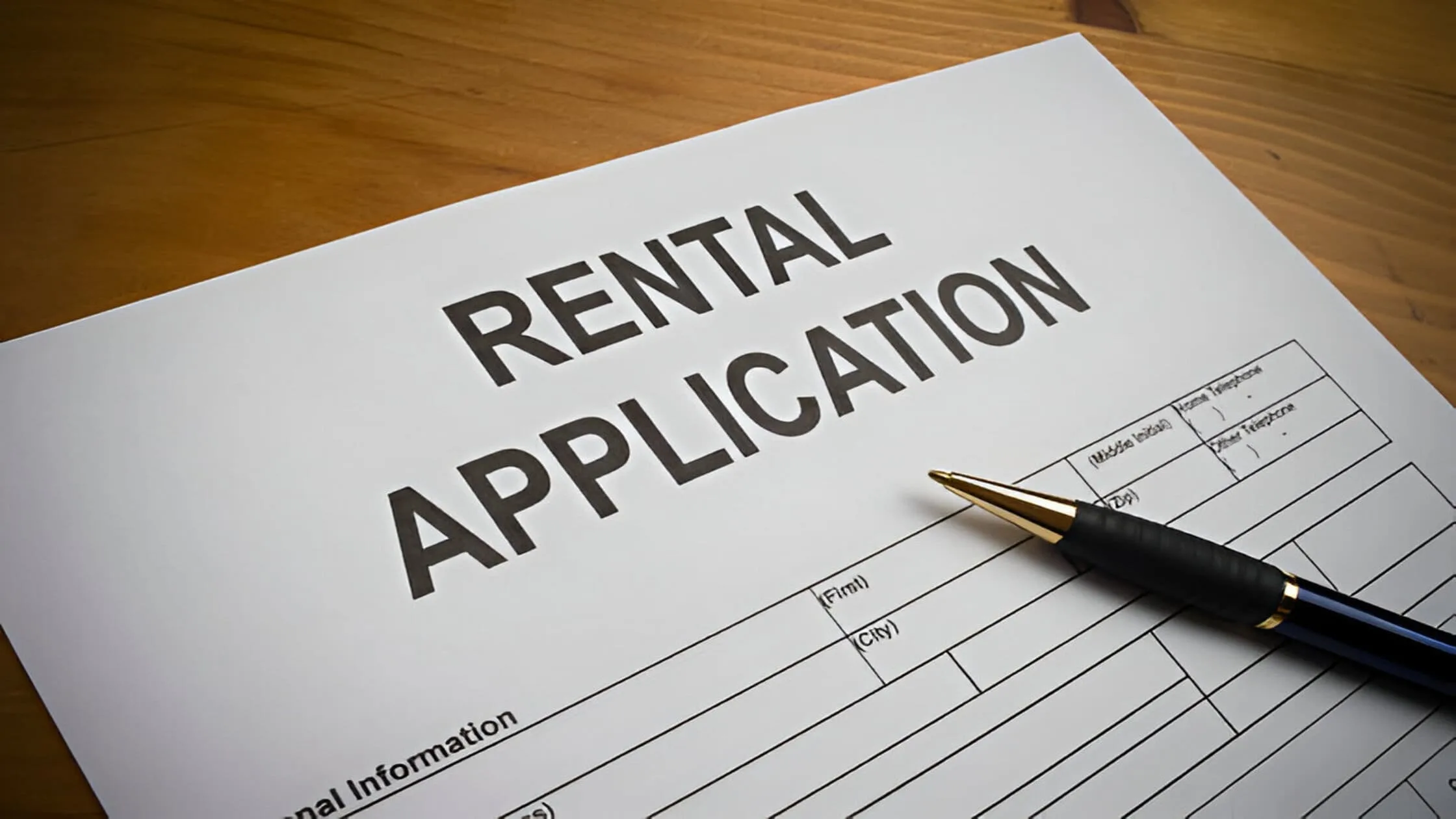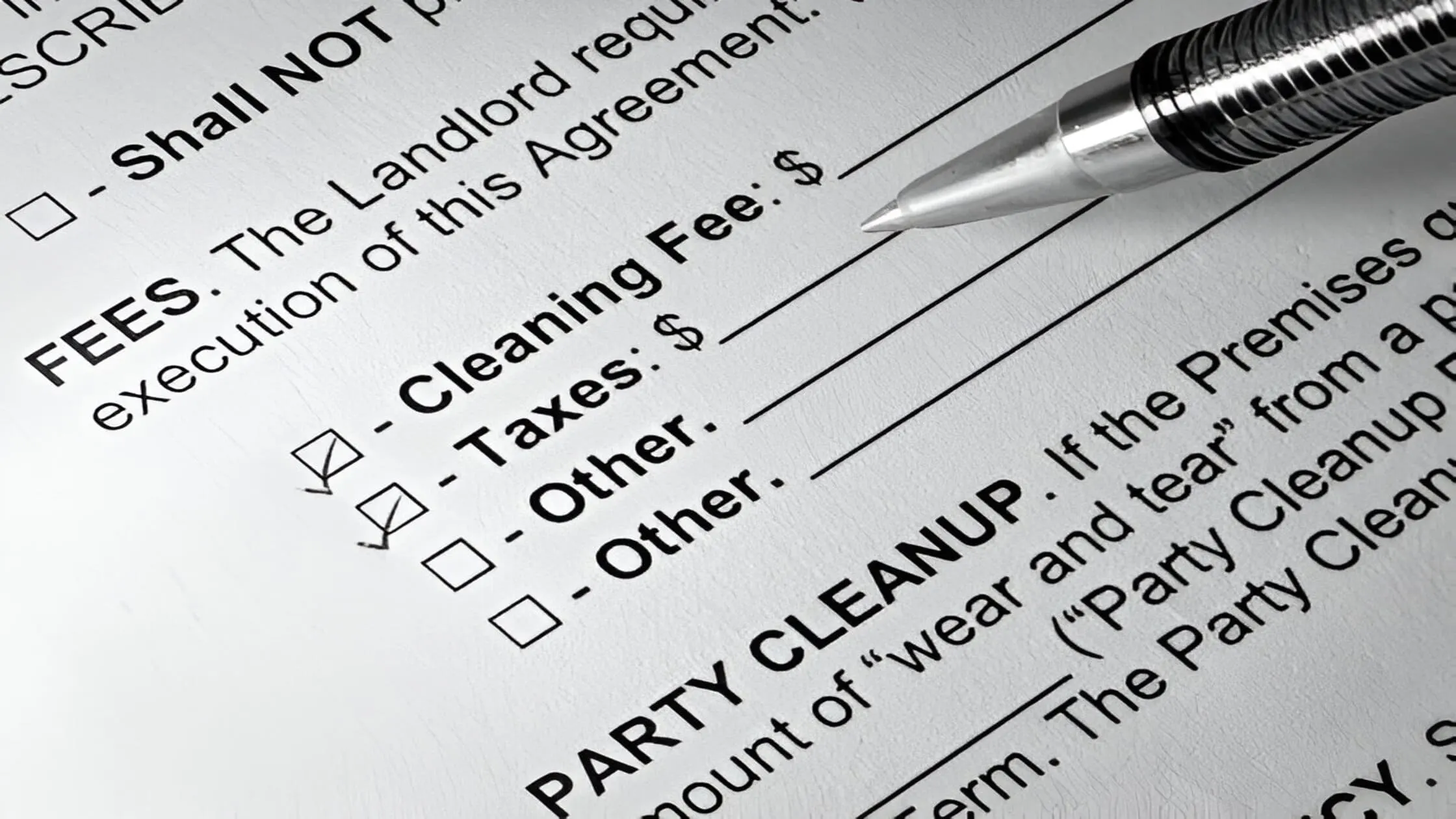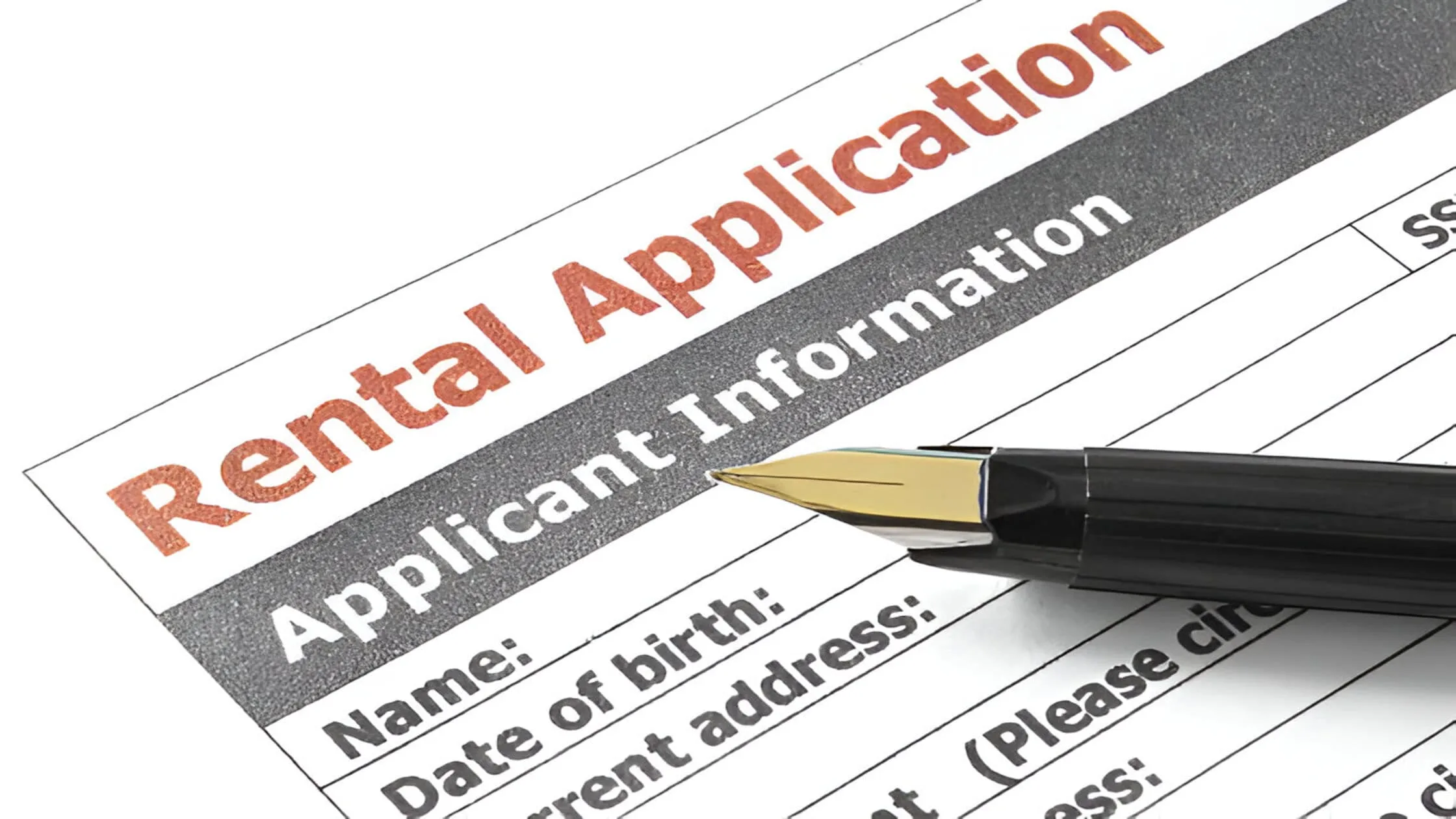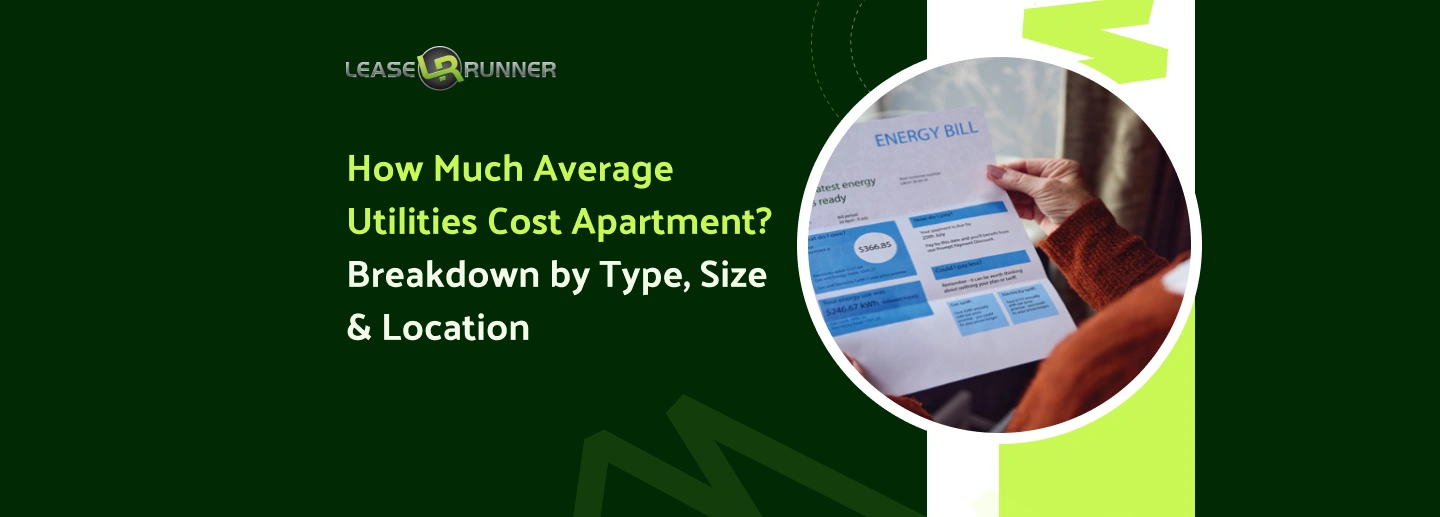Waived application fee apartments help renters save money and stress when looking for a home. These apartments remove the usual cost of submitting an application. This makes it easier and cheaper to apply. At LeaseRunner, we guide renters to find apartments with no application fee and spot special deals.
To attract renters, some landlords offer promotions that either cover the application fee or credit it back upon move-in. Other landlords, particularly during slow seasons, simply offer no upfront fee. Our guide explains how to find these no application fee apartments and what to expect from application fee waivers in the U.S. rental market. Smart renters use these tips to rent faster and cheaper.

Quick Facts About Application Fees
What are Waived Application Fee Apartments?

Waived application fee apartments are rental homes where landlords or management companies remove the usual application charge. Instead of paying an upfront fee, renters either don’t pay anything or get that fee credited back as a promotion. This means applying costs less or nothing, making the rental process easier and cheaper.
The apartment application fee waiver usually covers the cost of screening, like credit checks, background checks, and paperwork. Some landlords waive fees to attract tenants fast. Others may use different vetting methods or accept recent personal reports to skip extra charges. While an application can take some time to process, a waived fee doesn't necessarily mean a slower timeline for approval.
Waived fees come in several common forms:
- Free application fees during certain times of the year, often off-peak moving seasons (around October to April).
- No-fee rental listings from large property management companies that handle many buildings.
- New apartment developments offering leasing specials, no application fees, as perks to early renters.
- Affordable or subsidized housing programs that waive fees to reduce barriers for those who qualify.
For example, a new building opening in spring may offer apartment promotions with no fee to quickly fill units. Renters applying have no cost to apply and can focus on other moving expenses. These no-application-fee apartments for rent bring peace of mind during busy seasons when other fees can add up.
Every renter should understand exactly what a waiver fee for apartments is before applying. Some waived fees appear as credits on your move-in bill, while others remove the fee upfront. Always read the lease details carefully before you pay. Know the exact terms so you don’t miss hidden costs.
Why Renters Look for Apartments with No Application Fee?

More renters pursue apartments with no application fee to control the rising costs of moving. Up-front fees add financial strain, especially when applying at multiple locations. Properties offering no application fee rentals help renters select units based on true affordability, not just deposit size.
Rising Costs of Renting in the US
Renters are feeling pressure from both higher rental prices and extra fees. The trend of added “junk fees” (such as screening or admin charges) has made affordability a top priority. LeaseRunner's services are designed to help landlords save money by enabling them to pay for tenant screening, eliminating the burden of these fees on applicants.
These fees are also separate from potential broker fees, so it is important to understand who pays the broker fee when renting in your area. Rentals with waived application fees and apartments with move-in specials, no application fee, answer this challenge by removing one of the most irritating expenses. Instead of paying $30-$100 every time you apply, you can focus your budget on deposits and moving costs.
Common Promotions & Move-in Specials
Specials often highlight apartments with move-in specials or apartment promotions with no fee. Popular deals include:
- One month rent-free
- Reduced or zero-security deposit
- Free apartment application fee
- Application fee credit on move-in
- Lowered screening fees for fast signers
Renters who watch for these deals save money upfront. Properties with waived fees may also offer flexible start dates, quicker approval, or reduced move-in requirements. Keep an eye out for limited-time offers and ask about leasing specials with no application fees directly.
A reduced or zero-security deposit, for example, is a common type of rent concession that can make a rental more attractive. In summary, looking for waived application fee apartments is a practical strategy for reducing the real cost of renting today.
How to Find Waived Application Fee Apartments?

Finding waived application fee apartments takes effort but brings real savings. Below are detailed strategies every renter should try. Learn how to maximize your search for apartments with no application fee and ensure you fully understand fee policies before committing.
1. Ask Landlords or Property Managers Directly
When you see a listing you love, start by asking if they offer any application fee waivers. Directly inquire if they offer fee credits or free applications for preferred move-in times or longer lease terms.
2. Look for Online Listings with No-Fee Filters
Major rental sites now include search options like no application fee apartments for rent. Use those filters to find only offers with no upfront costs. Compare deals like a free apartment application fee versus a fee credit on move-in. You can also search local Facebook groups or other online platforms to find the best choices.
3. Check for Seasonal or Move-In Promotions
Landlords often provide apartment move-in specials, no application fee during slow seasons, holidays, or after renovations. Watch listings for phrases like “move-in specials” or apartment promotions with no fee. These deals sometimes combine fee waivers with reduced security deposits or bonus rent concessions. Early inquiry helps secure spots before promotions end. LeaseRunner suggests asking for all current specials.
4. Negotiate as Part of Lease Terms
Some landlords allow fee negotiation. If you've strong credit or offer to sign a longer lease, you can request a free apartment application fee or have it credited on move-in. Explain your situation; multiple applications can add up fast, and see if the owner will waive or reduce costs. Our team recommends bringing up fees before any screening steps are started.
5. Focus on Larger Management Companies or New Developments
Many bigger companies and new apartment complexes promote apartments with no application fee or leasing specials to attract new renters quickly. Seek out new buildings or brands known for flexible move-in policies. Larger firms have more power to absorb screening costs. Also, upscale buildings regularly advertise no application fee apartments for rent as part of their opening offers.
6. Consider Subsidized or Affordable Housing Programs
Some affordable apartments offer reduced or waived application fees as part of their rental support. Non-profit and government-sponsored housing may even have permanent policies. These units help renters needing assistance find low-cost places without extra screening charges. For further info, check the local housing authority or state rental programs. Discover fee-waived listings and full-service tenant screening with LeaseRunner

Apply for Apartments — Without the Application Fee
Application Fee Laws You Need to Know (US Overview)

It's a good idea to know your state's laws about apartment application fees and waivers before you apply. Landlords in the US generally charge these fees to cover the necessary steps in the application process, such as background checks, credit reports, and other administrative costs. However, rules exist to keep these fees fair and prevent abuse.
Not all apartments charge application fees, so knowing if you can get your application fee back is key. If your application is denied, you may receive a formal rental application denial letter that explains the reasons for the decision.
The fees landlords charge must match the actual cost of screening or administration. For example, in California, fees are limited to the landlord’s real expenses for checking an applicant’s background. If a landlord does not process your application, you usually have the right to get a refund. Some states ban or limit application fees, especially in affordable or rent-controlled housing.
It’s important to ask landlords if the fee is refundable and always request a receipt. Understand where your money goes before you pay. That way, you avoid paying for checks or services that don’t happen.
Not all apartments charge application fees. Around many cities, you will find apartments with waived application fees, especially in new buildings or those with move-in specials. Using online tools or filters that highlight apartments with waived fees can help you focus your search.
Knowing your state’s rules keeps you safe from unfair fees. LeaseRunner offers a comprehensive application fee guide for rentals that breaks down local laws. Reading and understanding the fine print can save you money and avoid headaches later.
State-by-State Comparison of Application Fee Laws

State rules shape how renters find waived application fee apartments. Understanding these laws equips you to save money and avoid unfair fees. Before moving to the detailed explanations, let’s take a quick glance at this summary table:
California
California caps application fees (under California Civil Code § 1950.6). Landlords only charge for actual screening costs, not profit. If a landlord does not check your credit or background, you get your fee back. During special promotions, it’s common to see apartments with no application fee or discounts. Before you pay, ask what is covered and get receipts. Our California rental application fee guide details exact limits for each year.
Texas
Texas allows landlords to charge application fees. However, disclosure is required. The fee should match the true cost of screening. Many properties offer rentals with waived application fees in large cities, especially during new lease promotions.
Always ask the leasing manager about possible deals if you want to move quickly or sign a longer lease. If your budget is tight, negotiate during the application process and save on up-front costs.
New York
New York restricts application fees to no more than $20 (This cap was established by the Housing Stability and Tenant Protection Act of 2019.) In rent-stabilized buildings, fees may be completely banned. Landlords must always give a receipt.
For low-income or affordable housing, expect apartment move-in specials and no application fee during big marketing pushes. Watch for these listings in major boroughs.
Illinois
Illinois does not cap fees but expects fair charges. Application costs must not exceed the actual price for credit or background checks. Urban properties often run apartment deals: free application or apartment application fee waiver specials, especially in buildings seeking fast occupancy. If you’re applying to many places, ask about fee credits or group discounts.
Massachusetts & Vermont
Massachusetts blocks landlords from charging fees except for licensed real estate brokers. Most properties cannot charge application fees, and fees in public housing are usually not allowed. Vermont bans fees altogether. If you’re looking for no application fee apartments for rent or want lower costs, these states are great options. Always get written statements before paying anything.
Conclusion
Waived application fee apartments save renters money by cutting upfront costs. Instead of paying to apply, tenants find deals like free application offers or waived fees during move-in specials. For example, some landlords skip the application charge to fill units faster. Others give credits at move-in to lower costs. Larger property companies and new developments often offer these deals.
Renters should always ask about waivers and use online tools to find no application fee apartments for rent. Knowing your local rules helps avoid unexpected charges. Always read lease details carefully, ask for receipts, and check for promotions. After you're approved, make sure you have a seamless experience by using tools for rent collection online.
At LeaseRunner, we help renters understand application fees more deeply and how to spot apartments with waived application fees. Being informed lets you save money and rent with confidence.
FAQs
Are application fees refundable in California?
Yes. In California, you may get your application fee back if the landlord does not process your screening. If you apply and the landlord does not run a background or credit check, you can ask for a refund. Always check the details in your lease. Ask your landlord and save every receipt.
What states ban rental application fees?
Some states and cities do not allow these fees, especially for affordable or public housing. For example, Massachusetts bans fees in public rental programs. New York City has laws that protect tenants in some buildings. Always ask the local housing office before you pay any fee.
In many cases, apartment application fee waiver offers are easier to get from non-profit housing or government programs.
How much is the average apartment application fee in the US?
Most renters pay between $25 and $100 each time they apply. Many apartments now offer free apartment application fee deals. Some buildings give an application fee credit after you move in. These deals help renters save on up-front costs. Landlords use fees for tenant screening and paperwork, but some waive fees during move-in promotions.
Do all apartments charge application fees?
No. You can find apartments with no application fee by using online search filters, looking for deals, or asking about move-in specials. Some new buildings, big management firms, and rentals with vacancies often waive fees. Always ask before you apply.
Use search terms like “no application fee apartments for rent” or “leasing specials no application fees” to find the best deals.
Do all apartments have application fees?
No, not all apartments have application fees, but this type of fee is very common in the rental market. Therefore, you should communicate with landlords carefully before renting.







